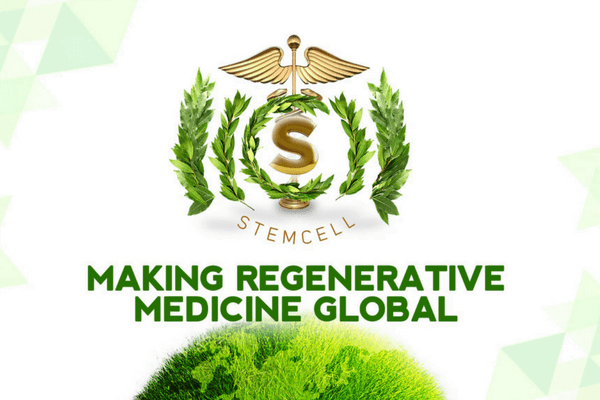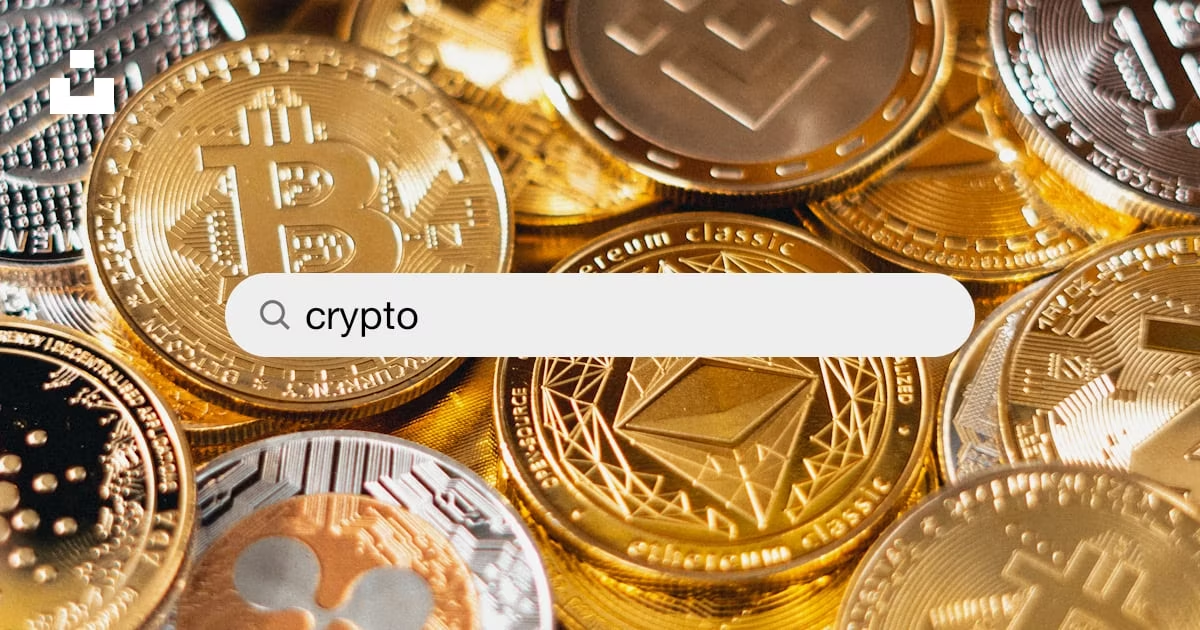Reason to trust

How Our News is Made
Strict editorial policy that focuses on accuracy, relevance, and impartiality
Ad discliamer
Morbi pretium leo et nisl aliquam mollis. Quisque arcu lorem, ultricies quis pellentesque nec, ullamcorper eu odio.
The human body is undeniably the most complex database in Nature with tons of data inside it. In all probability, doctors and scientists know not more than 1% of the mysteries the body holds. The gap between the true extent of the human body’s complexity and our meager knowledge about it necessitates that we constantly endeavor to learn more about it. However, due to the explosion of medical data, it is becoming impossible for health professionals to keep track of all the data about various medical conditions and make sense out of it.
Considering the fact that medical knowledge is doubling at a mind-numbing rate (by 2020, it is estimated to take only 73 days for information to double), we must explore different approaches, especially those led by technological advancements. With artificial intelligence (AI), a greater amount of information about our bodies can be unearthed in record time and can be processed with an unmatched efficiency.
Companies like Google, with their Neural Network algorithm that predicts hospital patient outcomes and IBM, whose Watson Supercomputer has analyzed more than 115,000 patients to gauge impact of symptoms are leading the charge in introducing AI into healthcare as a means to save precious resources like money and time.
How can we use cutting-edge technologies to make our lives healthier and better?
Challenges of healthcare
Currently, the health industry is far from perfect. Think about the length of time one takes to book an appointment with a specialist. Now think about the millions of people in developing countries that cannot get even the most basic health facilities. According to the World Health Organization, around 4 billion people, more than half of the world’s population, do not have access to essential health services, while 100 million are pushed towards poverty due to rising healthcare expenses.
There are people living in extremely remote areas that continue succumbing to manageable diseases like tuberculosis due to inaccessibility and also a disparate shortage in the number of healthcare professionals. More than 3 million people around the world die each year from preventable diseases, like pneumonia and diarrhea.
There have also been many cases of misdiagnosis across the globe. Estimates show that almost 15% of all medical cases in developed countries are misdiagnosed. This could be attributed to sheer carelessness, fatigue due to being overworked, or lack of the necessary skills among other factors.
AI-led medical future
Artificial Intelligence has the potential to be a transformational force in the health industry. Take, for instance, Brain Computer Interfaces (BCI), backed by AI, that have the capability to restore basic abilities like movement, speech, and coherence. BCIs are capable of unifying computers and the human mind in a way that provides information that would have otherwise been impossible to get.
It is also through AI that the functionality of radiology tools will be enhanced. With more developments in radiology, the need for tissue biopsy (the process where a part of tissue is removed by a minor surgical process for lab examinations to determine medical conditions) can be eliminated. This will reduce the chances of potential infections, and spread of existing conditions like cancers, that often result during biopsies.
These are some of the advantages associated with the use of AI, all aimed at improving service delivery in the health industry. Accenture estimates that the AI-healthcare market will grow eleven-fold, from $600 million in 2014 to $6.6 billion in 2021.
Making AI benefit healthcare
Massive technological advancements, coupled with our increasing knowledge of the human body, has led to better methodologies of treating diseases, disorders and injuries. Innovations in emerging technologies like AI and blockchain have opened endless possibilities to better the healthcare system. There is a lot that may be achieved, especially once these two transformational technologies combine. One such project that aims to bring AI and blockchain for revolutionizing global healthcare is Stem Cell Project.
Stem Cell Project is putting into use diagnostic and pathological imaging systems pivoted by blockchain and AI. Deep Learning, the concept being used in the project, has been designed to achieve unparalleled accuracy, a dynamic that can never be overemphasized when it comes to the health sector. Solutions to many medical issues are certain to be achieved once Deep Learning is put to use, in conjunction with the blockchain technology.
The system proposes the setting up of a Virtual Clinic powered by AI and connected to blockchain that will eliminate the chances of a misdiagnosis since it allows for remote pathological imaging and early phase diagnosis of patients.
The allowance for remote diagnosis is groundbreaking, to say the least. It will now be possible for individuals across the globe to have the access to first class medical services regardless of where they are based. This also takes away the bulk of what is required from doctors, allowing them to be productive in many other ways. Remote diagnosis will also help to save patients’ time from visiting the hospital for early diagnosis and for repeat appointments for minor exercises.
Using innovations in AI and blockchain tech, Stem Cell Project is set to create benchmarks for global healthcare. The project seeks to redefine how we treat our sick and injured by creating a single global ecosystem that shares data, knowledge and novel methodologies.
For more information on the project, please visit the official website and read the white paper. Join the community on Telegram to keep up with the latest news on Stem Cell Project.



























